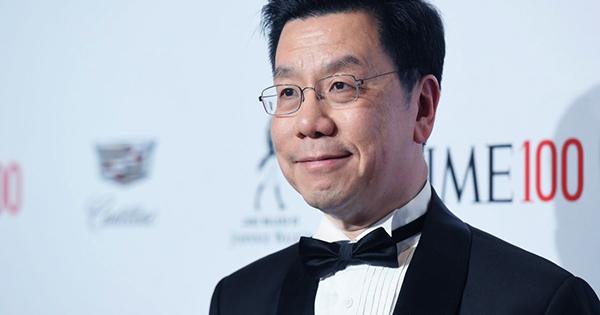What would an AI-infused environment look like throughout the world in the next 20 years, and where will today’s technology take us? In “AI 2041: Ten Visions for Our Future,” a collection of 10 tales and articles examining and discussing the possibilities and drawbacks of AI, Sinovation founder and AI thought leader Kai-Fu Lee and breakthrough sci-fi novelist Chen Qiufan (aka Stanley Chen) offer an informed prediction. I spoke with Lee and Chen at TechCrunch Disrupt 2021 about how the cooperation came about, how their points of view coincided and contrasted, and why they believe, the future will be as they describe it. I will be releasing a review soon, and TechCrunch recently shared an excerpt.
Lee and Chen met a few years ago, one an AI thought leader and entrepreneur, the other a novelist whose penetrating representations of near-future challenges won him international renown. They agreed to cooperate on a hybrid work that would include tales based on educated conjecture as well as explanatory sections with narrative illustrations.
“Because AI is so vital, it’s really to present the complete narrative of AI.” Everyone should learn more about it, although it might be scary due to its technical nature,” Lee explained. “And what better way to convey the story than by telling it?” says the author. “Back in the day at Google, we knew each other briefly, and I was always thinking about creating a book on future technology, based on very precise research, facts, and beliefs,” Chen explained. “But I couldn’t accomplish it without Kai-Fu because I’m not an expert in the topic.”

“AI 2041” is the product of their collaboration: Ten tales by Chen set in the year in question, all across the world with individuals from different walks of life experiencing AI in the many ways that the writers believe technology will affect society over the following two decades. An article by Lee that delves accompanies each narrative into the technical details and they could lead to that future.
The stories are self-contained yet take place in a shared reality, with each highlighting a possible application, conflict, or shift in thought that AI may bring about. Importantly, AI may see as a natural progression of previously developed technology. “We started with a four-point structure,” Lee explained. “For one thing, I intended to cover around 15 technologies in ten stories. I also wanted to arrange them in a way that they progress from simple to difficult, so it is like an AI textbook where you learn by reading tales. Then we both wanted it to be in a variety of areas, such as education and healthcare, to demonstrate that AI has an influence across the board. Finally, Stanley wished for it to be distributed in ten different nations.”
Take the story “Gods behind the Masks,” for example. It involves a competent deepfake designer based in Lagos who is well versed in generative adversarial networks, image inspection, media routes, and other related topics. He’s been tasked with creating a video of a long-dead celebrity that fools not only viewers, but also the hosting service’s automated scanners, the government’s facial recognition algorithms, and everyone else — but he starts to suspect there’s a nefarious motive behind it all.
















